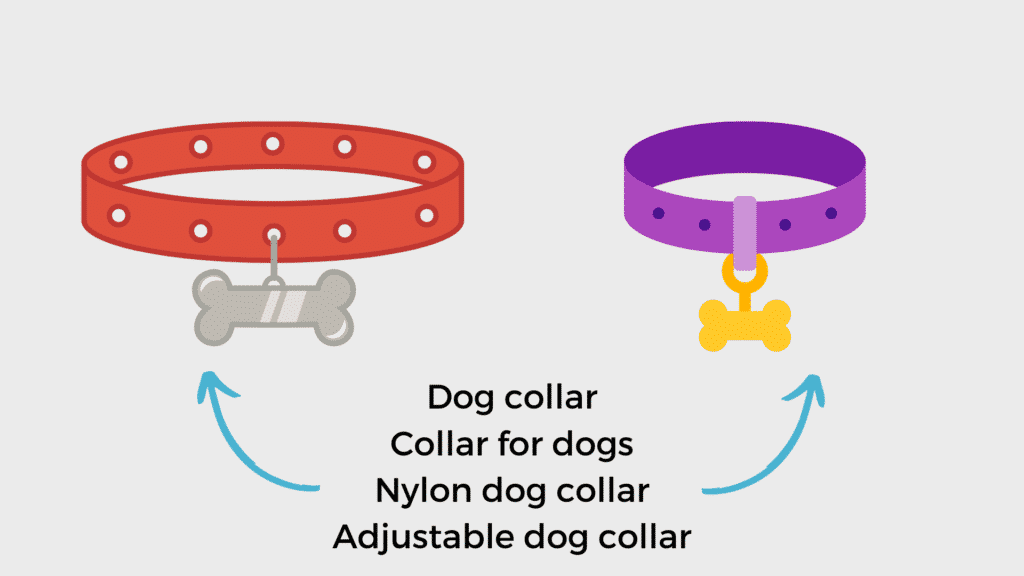As an Amazon Seller, you have probably already heard of the term “keyword cannibalization”. While it comes from an SEO background, it’s becoming a relevant topic for Amazon sellers as well.
But do you know what it really means? Which effect does it have on your Amazon PPC campaigns – and is it really as bad as some people say? Read on to find out!
- What is Keyword Cannibalization?
- Am I Driving the Bids Up by Bidding on the Same Keywords?
- Is Keyword Cannibalization Affecting Overall Performance on Amazon?
- Attention When Running Both a Manual And an Automatic Campaign
- How to Prevent Your PPC Campaigns From Cannibalizing Your Organic Sales
- Conclusion on Amazon PPC Keyword Cannibalization: Awareness Is Essential!
What Is Keyword Cannibalization?
In marketing, cannibalization refers to when two different products compete with each other in a way that leads to an overall reduction in sales volume, revenue, or market share.
Applied to Amazon, keyword cannibalization refers to the phenomenon of targeting the same keyword for multiple products.
Keyword Cannibalization In Your Amazon Listing?
Let’s say you are selling similar products, dog collar A and dog collar B:

Most likely, both products will have some of the same keywords (e.g. “dog collar”) in their title and description. Of course you want to make sure that these products don’t affect each others’ performance and they can both get an excellent ranking position.
Many sellers think that only one of their products will appear in the search results of the same keyword (for example “dog collar”) but that’s not the case.
Just think about it from Amazon’s perspective: Amazon wants to sell products – regardless of who the seller is. So if both collars are the best option for the person looking to buy one, then both will appear in the top-of-search results. Thus, keyword cannibalization won’t be an issue with your Amazon listing.
Keyword Cannibalization In Amazon PPC Campaigns
But what happens when you are running two or more campaigns or ad groups with Amazon PPC and they are all bidding on the same keyword – does this effect the performance of your ads at all?
Let’s say you are running both a manual and an automatic campaign for the red dog collar.
Are You Driving The Bids Up by Bidding On The Same Keywords in Different Campaigns?
This is a common misconception. But the good news is: Your campaigns will not compete with each other and therefore not cannibalize your bids for the same product.
Amazon won’t put your bids against one another. Instead, they will choose only one of your keywords to enter in the auction.
Amazon will most likely direct more impressions towards the higher bid but your average CPC won’t change.
Is Keyword Cannibalization On Amazon Affecting Overall Performance?
Still, most people have negative thoughts when they hear the term “keyword cannibalization” – and that makes sense, especially since this is usually the case on Google and other search engines. On these platforms, it will most likely indeed have a negative impact on your performance.
However, it’s different on Amazon.
If you use the same keyword for multiple campaigns, it doesn’t mean that one product will be getting all the clicks and the other ones will have zero traffic.
But of course there is still room for optimization. If you’re bidding the same amount for the same keyword on different campaigns, then you are spreading clicks across all of your campaigns and therefore most likely wasting a lot of ad money without getting quality data.

What To Keep In Mind When Running Both A Manual And An Automatic PPC Campaign?
Especially when you are running both a manual and an automatic campaign, you need to be extra careful.
Let’s say you are using an exact match keyword with a perfectly calculated bid then there is a chance that your auto campaign may steal the clicks and conversions at a bid price that is not as good.
How Can This Issue Be Avoided – Do I Need To Put the Keyword As “Negative” In One Of The Campaigns?
Some people recommend to take your exact match keyword in your manual campaign and add it as a negative exact keyword to your auto campaign in order to prevent them from affecting each others’ performance.
Is that a good idea? There is no right or wrong, it all depends on your strategy and goals.
Put the keyword in the negatives of the automatic campaign if..
- ..you want to only focus on the manual campaign
- ..you want the fastest results
Don’t put the keyword in the negatives of the automatic campaign if..
- ..you want to get a low advertising cost of sales (ACoS) for your automatic campaign
- ..you want to focus on the exact match campaign to rank in the top-of-search results for exactly that keyword
Check out our guide on Amazon keyword match types for further information and tips.
How To Prevent Your PPC Campaigns From Cannibalizing Your Organic Sales
As we’re already talking about cannibalization, let’s explore whether PPC campaigns may cannibalize your organic sales and if so, how to prevent it.
If you don’t want to risk that your advertising campaigns have an effect on your organic sales, you need to make sure you always have a healthy balance between paid sales and organic sales.

So before you even think about getting involved in Amazon PPC, ask yourself whether you would be able to get the same amount of sales without advertising. If your answer to this question is yes, running the PPC campaign might not be the best idea.
Why is that? The answer is pretty simple: If you are making more sales through paid traffic than organic sales, you might become very dependent on ads to even be able to make sales at all.
But of course it’s a small path you are walking on as paid ads can also help you to accelerate your sales velocity and then have a benefit on your organic ranking as well.
So in the end it’s up to you to decide whether or not it makes sense for you to run a PPC campaign – just keep an eye on the balance between paid and organic sales and always check your ranking position so you don’t continue bidding for a keyword that you are already ranking high for.
To find out why your Amazon PPC ads are not converting, check this post.
Conclusion on Amazon PPC Keyword Cannibalization: Awareness Is Essential!
So unlike it is with Google SEO, keyword cannibalization on Amazon is not so bad after all – you just need to be aware of the impact it could have on your Amazon PPC campaigns so you can react accordingly if needed.
But at least you don’t need to worry that you are bidding against yourself when running two campaigns at the same time using the same keywords.
Feel like you need help with your campaigns? Find your Amazon PPC Expert now! →



